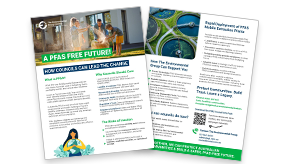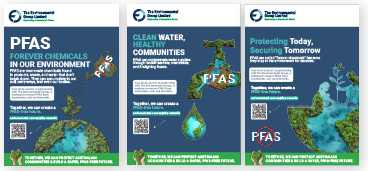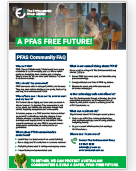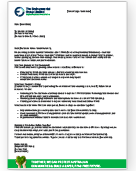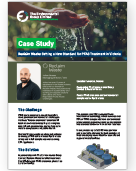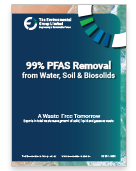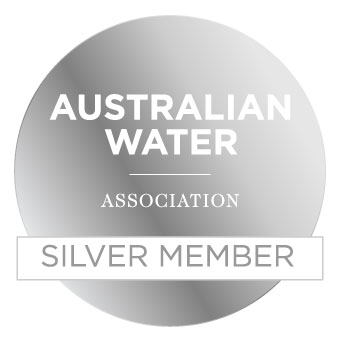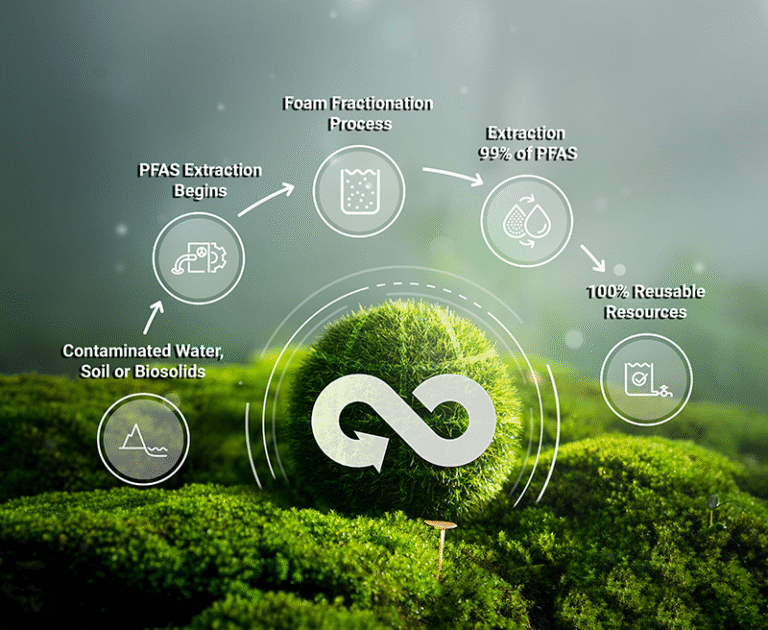Partnering with Local Councils
for a PFAS-Free Future
Lead your community towards cleaner water, safer soil, and a sustainable future
Lead Your Community Towards a PFAS-Free World
Local councils are at the forefront of environmental stewardship. PFAS contamination is a growing public concern and residents look to their councils for leadership and solutions. The Environmental Group, provides the technology and tools to help councils protect their communities today, while securing a healthier future for generations to come.
How We Support Local Councils
- Trusted Technology → Proven in operation at an EPA-approved site.
- Community Resources → Fact sheets, posters, and campaign-ready materials to help you engage residents and businesses.
- Compliance Pathways → Ensure your municipality stays ahead of changing state and federal PFAS regulations.
- Flexible Deployment → Mobile and fixed systems to treat PFAS in wastewater, soils, and biosolids.
- Future-Ready → Technology that scales with growing environmental and regulatory needs.
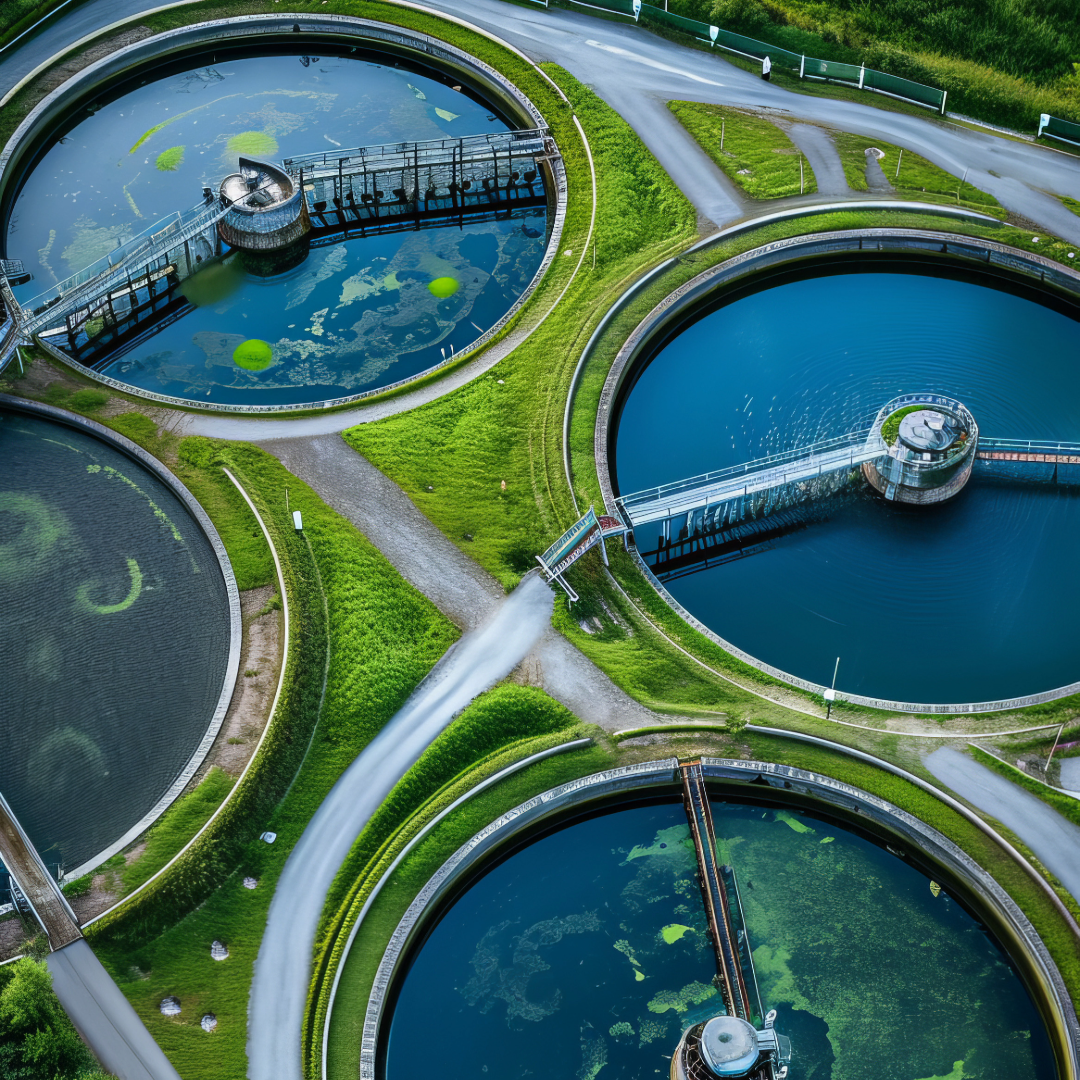
Info Pack for Councils
We’ve created a dedicated PFAS Awareness Info Pack for councils, including:
PFAS Awareness Fact Sheet for Local Councils
A comprehensive guide to understanding PFAS contamination — what it is, where it comes from, and why councils play a crucial role in managing it. This fact sheet outlines risks, regulations, and practical steps councils can take to protect communities and comply with emerging environmental standards.

Why Partner with The Environmental Group?
By collaborating with us, councils can:
- Take visible action on one of Australia’s most pressing environmental issues.
- Build trust with communities by demonstrating proactive environmental leadership.
- Reduce long-term liabilities and compliance risks.
- Be recognised as a council leading the charge for a safer, healthier environment.
Compliance Made Simple
Stay ahead of NEMP 3.0 and EPA requirements with proven, reportable PFAS removal. We help councils meet all compliance needs, confidently and transparently.
Flexible Deployment
From landfills to airports, our PFAS extraction systems can be fixed on-site or deployed as mobile units — ideal for emergencies, construction projects, or rapid response.
Removes over 99% of PFAS
Our patented extraction technology removes over 99% of PFAS from wastewater, soil, and biosolids, delivering measurable results and long-term environmental protection.
Case Study
Reclaim Waste
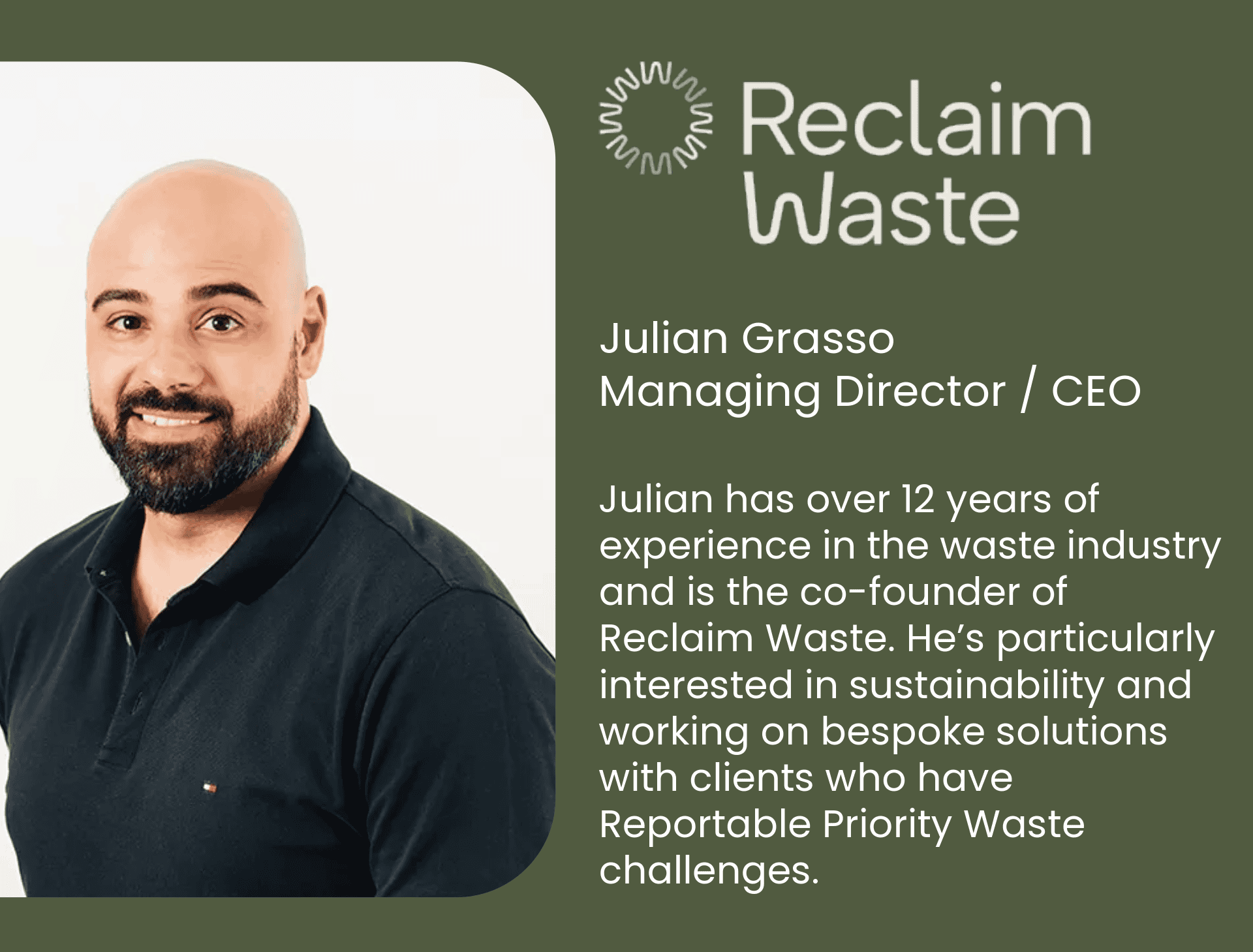
Project: Reclaim Waste facility, Laverton, Victoria
Partner: The Environmental Group
Status: Operational under EPA licence
Overview
In April 2025, Reclaim Waste’s Laverton liquid waste facility secured formal approval from the Environmental Protection Authority (EPA) to treat PFAS-contaminated waste streams, using The Environmental Group’s patented separation technology. This marks a major step in putting commercial PFAS remediation into action.
What Was Achieved
- The facility is now licensed under the EPA’s updated March 2025 waste categories and discharge thresholds.
- Treats PFAS-contaminated liquid waste, with successful trials that include soil and biosolids.
- The process is cost-efficient and has been demonstrated to operate under real waste facility conditions.
Why It Matters
- Offers a compliant, commercial-grade solution for landfill, wastewater and other affected industries.
- Validates that the technology works at scale, not just in laboratory trials.
- Positions councils, industries, and waste operators with a pathway to meet tightening PFAS regulation.
“Achieving EPA approval for PFAS treatment is a proud moment for our team,” said a spokesperson for Reclaim Waste.
“We are committed to staying ahead of regulatory change and environmental need—and this technology allows us to deliver on that vision. We believe in a PFAS-free future, and this partnership with EGL brings that one step closer to reality.”
Building a Better Tomorrow
Every council has a role to play in Australia’s PFAS-free future. By working together, we can protect our waterways, restore contaminated land, and leave behind an environment our children will be proud to inherit.
Partnering with Australia’s Peak Bodies to Tackle PFAS
We are proud members of the Australian Organics Recycling Association (AORA) and the Australian Water Association (AWA), Australia’s peak bodies representing best practice across organics recycling, water management and environmental protection. These memberships reinforce our commitment to evidence-based solutions, regulatory alignment and responsible environmental outcomes, particularly in addressing complex contaminants such as PFAS.
PFAS Council FAQ — Supporting Local Government Action
What is PFAS and why is it a concern for councils?
PFAS (Per- and Polyfluoroalkyl Substances) are synthetic “forever chemicals” found in everyday products like firefighting foam, packaging, and textiles. They don’t naturally break down and can accumulate in water, soil, and biosolids, posing environmental and health risks. Councils are responsible for managing these contaminants through landfill leachate control, wastewater management, and sustainable environmental practices.
Where does PFAS contamination come from in council operations?
PFAS is commonly found in landfill leachate, wastewater and biosolids, firefighting training sites, industrial runoff, and contaminated soils from redevelopment projects.
What are councils’ obligations around PFAS in Australia?
Councils must align with the National Environmental Management Plan (NEMP 3.0) and state EPA regulations, ensuring proper testing, treatment, and reporting of PFAS contamination in waste and water streams.
How can councils detect PFAS contamination?
Councils can undertake site audits and laboratory testing of leachate, water, soil, and biosolids to identify PFAS levels. Partnering with accredited testing providers ensures data accuracy and compliance with EPA guidelines. Talk to us today about how we can organising testing for your site.
What are the risks of inaction on PFAS?
Failing to manage PFAS contamination can result in groundwater pollution, higher remediation costs, community backlash, and potential licence breaches or EPA penalties.
What technology can councils use to remove PFAS?
The Environmental Group provides patented PFAS Extraction Technology operating on an EPA-approved site in Victoria. It removes over 99% of PFAS from water, soil, and biosolids without creating extra waste streams, and can process up to 20,000 litres per hour.
How can councils integrate PFAS extraction systems?
Our PFAS systems are scalable and can be deployed as mobile or fixed plants. They connect easily to existing leachate or wastewater treatment infrastructure and provide full data reporting for EPA and stakeholder compliance.
What is the National PFAS Management Plan (NEMP 3.0)?
NEMP 3.0 is Australia’s national framework for managing PFAS contamination. It guides how PFAS is monitored, treated, and reported — helping councils maintain compliance and public confidence.
How can councils engage their communities on PFAS issues?
Councils can raise awareness through public education campaigns, community posters, and fact sheets. The Environmental Group provides free PFAS awareness resources and downloadable council info packs to support outreach.
How can councils partner with The Environmental Group to take action?
Councils can request a free consultation to assess PFAS risks, explore treatment options, and develop compliance pathways. We help local governments meet regulations, protect waterways, and demonstrate environmental leadership.
Newsletter signup
Stay Informed on PFAS Updates

Together, we can protect Australian communities and build a safer, PFAS-FREE Future!

